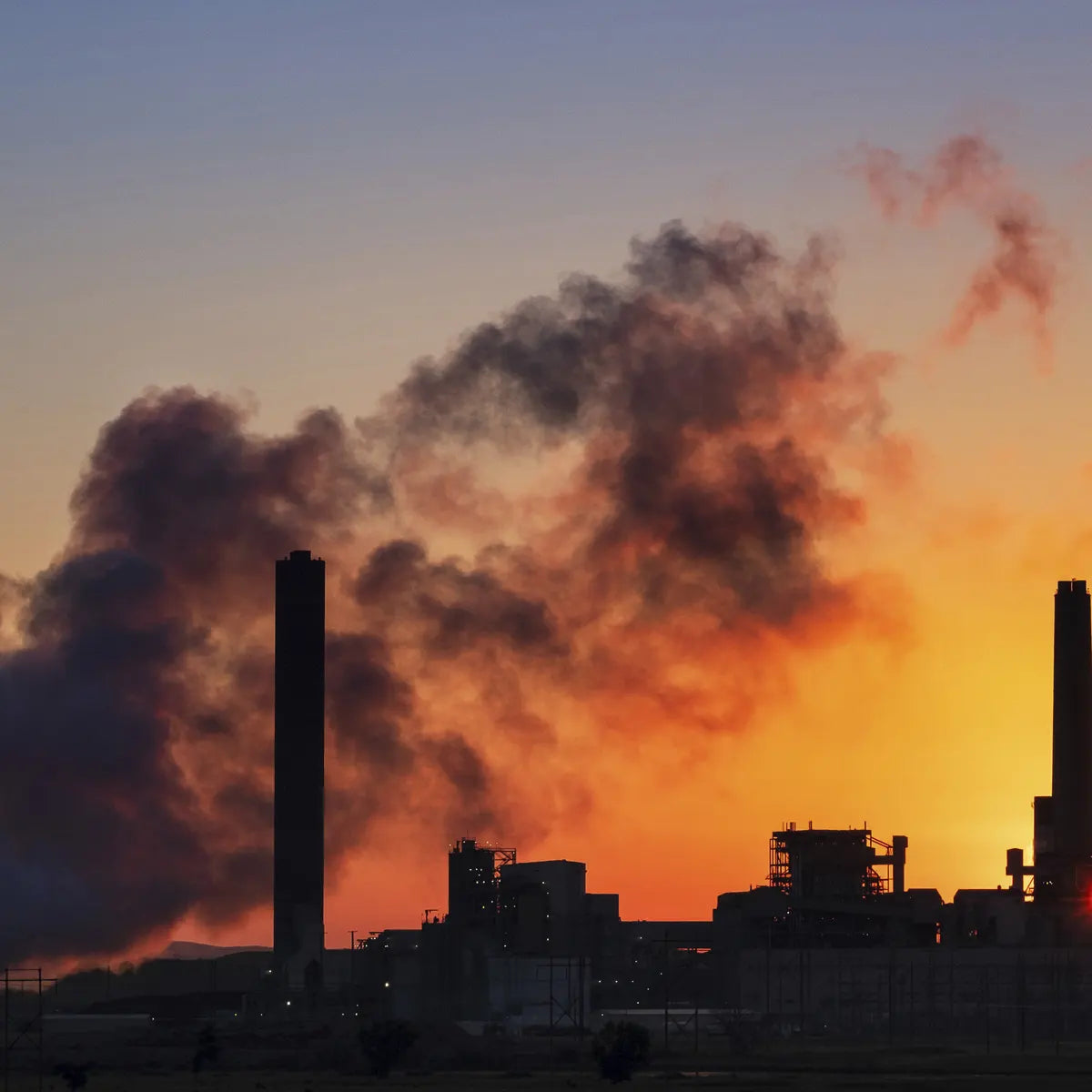
What is carbon emission?
When you hear the word carbon emission, you may think of cars or other vehicles that burn fossil fuels. But what exactly is carbon emission? An emission is anything that's released into the environment. Carbon dioxide (CO2) is a major contributor to climate change because of its greenhouse effect on Earth's atmosphere. When we talk about carbon emissions, we're referring to how much CO2 is produced by human activities like driving cars or manufacturing goods.
Carbon emission refers to the amount of carbon dioxide produced from the burning of fossil fuels and other activities.
Carbon dioxide is a greenhouse gas that has been linked to climate change. Although humans exhale carbon dioxide as part of our natural process, this gas can also be produced by industrial processes and other human activities, such as driving an automobile or heating your home with natural gas.
Carbon emission is a major factor in climate change.
Carbon emissions are one of the main causes of climate change, which is a global problem that all of us need to do our part in helping solve. This is because carbon dioxide is a greenhouse gas that stays in the atmosphere for many years and traps heat from escaping into space. The more carbon dioxide there is, the warmer our planet will become—and already we're seeing evidence of this happening.
Carbon emission measurements can be done at an individual, community, or national level.
To understand the importance of carbon emissions, it's important to understand what they are. Carbon emission measurements can be done at an individual, community, or national level.
Carbon dioxide is a by-product of burning fossil fuels like coal and oil. Since the Industrial Revolution began in the late 1700s and early 1800s, humans have been producing plenty of carbon dioxide through industrial processes like mining and manufacturing. By measuring our carbon emissions we can determine how much CO2 we're producing on a personal and global level.
Active transport, like walking, is one of the best ways to reduce your carbon footprint.
Walking is good for you, your health and the environment.
This isn't just our opinion. Research consistently shows that people who walk or cycle more are healthier than those who don't. The risk of developing heart disease, stroke and certain cancers is lower for regular exercisers compared with people who don't exercise at all. This can be down to increased fitness levels – but there's also evidence that physical activity might directly affect how our genes function by turning on certain gene expressions while turning off others. This effect may even last after exercise has stopped!
Walking reduces chronic disease risk factors such as high blood pressure, elevated cholesterol levels and excess body fat around your waistline (this type of fat has been linked with type 2 diabetes). In fact: "A brisk daily stroll … can help prevent chronic diseases such as diabetes and cardiovascular disease."
Walking also saves you money! It doesn't cost much to get started - shoes need replacing once every year or so; pants too if they wear out quickly; otherwise all you really need are some shorts/trackie daks/etcetera if it gets hot outside! Other than that it's as simple as putting one foot in front of another until eventually you reach wherever you're going :)
Carbon emission is a major contributor to climate change.
The greenhouse effect is a natural phenomenon that helps to keep the earth warm and habitable. It works by trapping heat from the sun in the atmosphere so that it doesn't escape into space.
The main gas involved in this process is carbon dioxide (CO2), which traps heat like a blanket around Earth. Carbon emissions are one of the main sources of CO2 pollution, along with fossil fuels like coal, oil and natural gas.
Conclusion
We hope this article has helped you understand what carbon emission is and how it can affect our environment. As we continue to learn more about climate change, we must remember that every action counts. We need to make sure that we are not contributing unnecessarily to greenhouse gas emissions.















